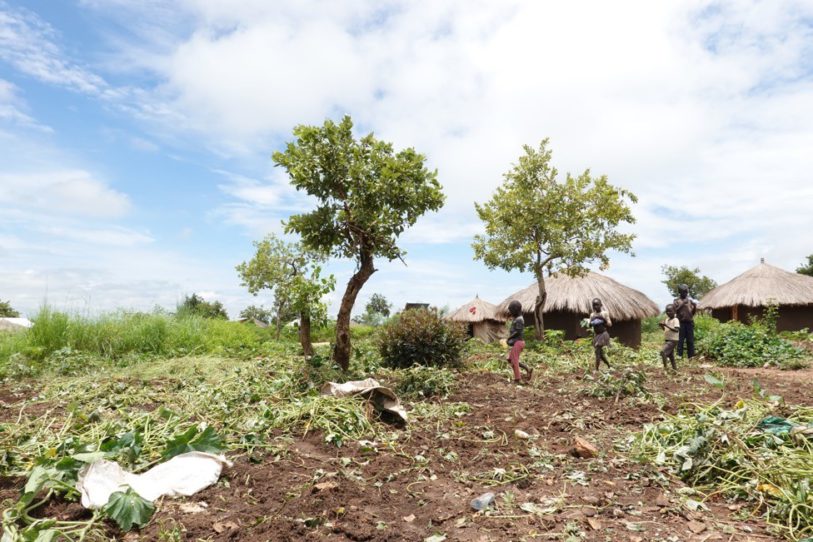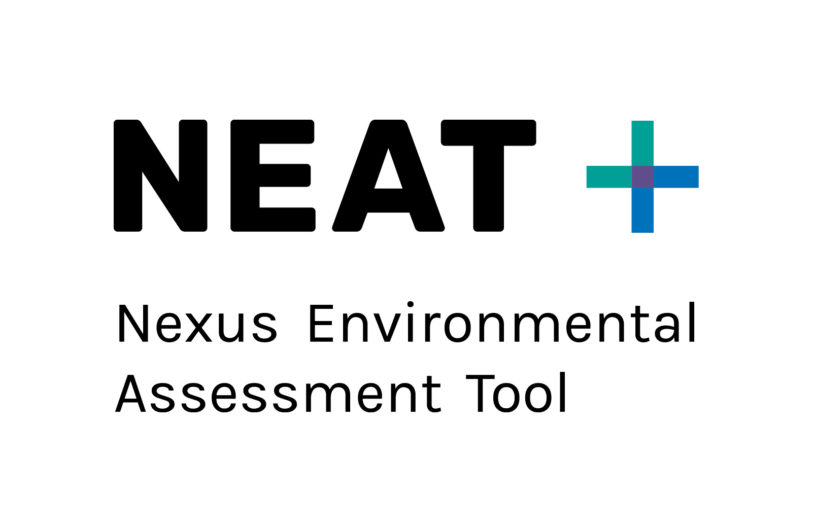Environmental Scoping in Uganda
The scoping took place in Bidibidi Settlement Zones 3 and 5, locations of a future NRC and partner funded European Union Trust Fund (EUTF) programme with a strong emphasis on agriculture and food security.
These zones were chosen in order to test the differences in environmental sensitivity between the newest established Zone 5 and the older Zone 3. Bidibidi Refugee Settlement was opened in August 2016 to accommodate a high influx of South Sudanese refugees.
To support the needs of the South Sudanese refugees, who primarily come from the Equatoria region, and the host communities of Bidibidi refugee settlement, there are over 30 civil society and government organizations working within Bidibidi.
Current environmental dialogue about Bidibidi is often focused on minimizing land degradation and deforestation, due to host and refugee community dependence on biomass for fuel. This concern is well documented by both government and and civil society organizations, with several mitigation strategies already underway.
The scoping mission additionally identified environmental concerns that seem under-defined by current programmes of work in Bidibidi. Of particular concern is the lack of waste management, leading to increased risks to human health, and lack of awareness about environmentally sustainable behaviours.


